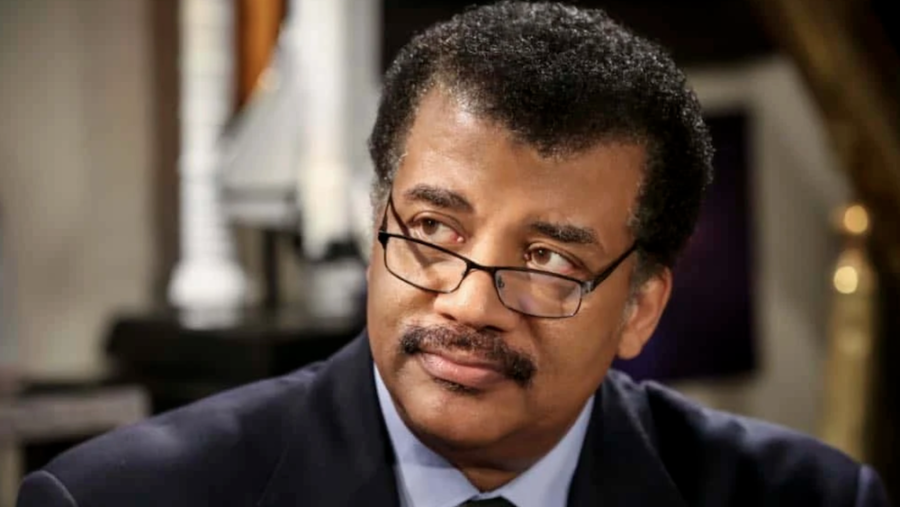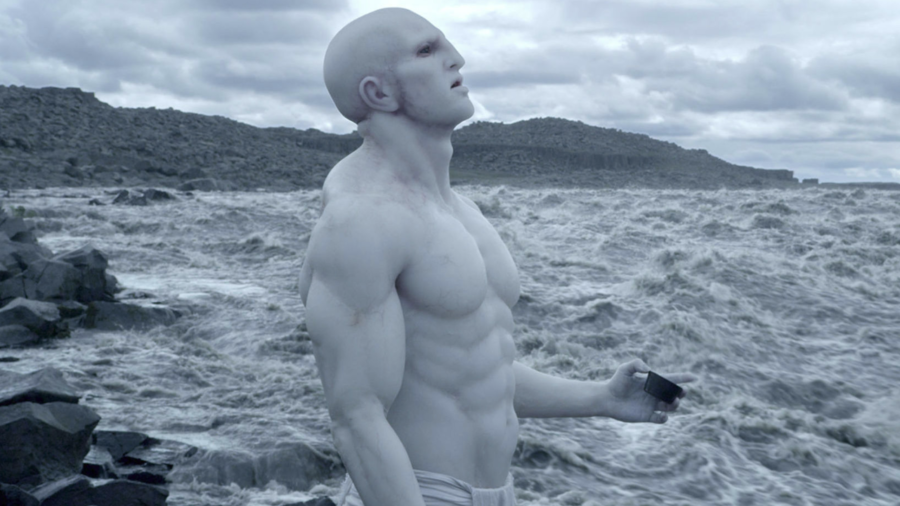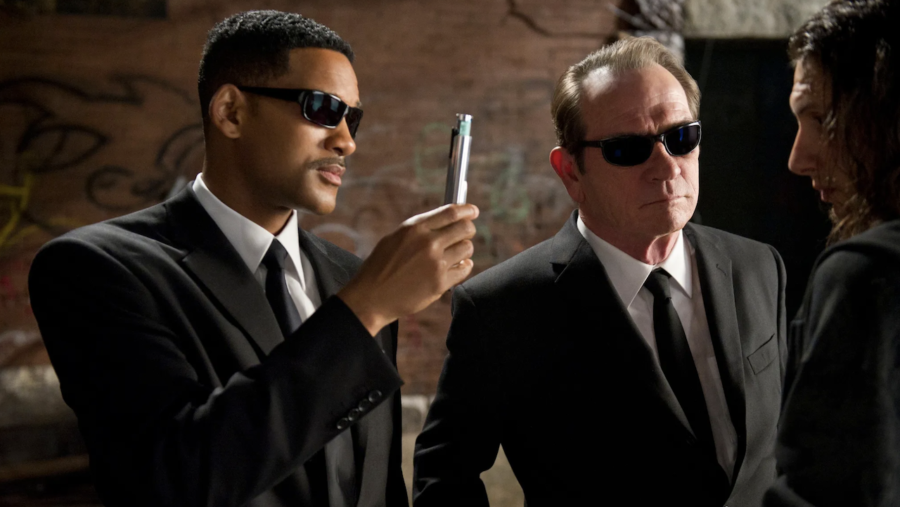Neil deGrasse Tyson Pokes Scientific Holes In Prometheus And Men In Black 3

Renowned Astrophysicist Neil deGrasse Tyson is an avid movie watcher. But he’s also a man of science and pays close attention to the details in movies. For example, he once complained that James Cameron’s Titanic was wrong because the stars in the night sky were not in the same place the Titanic sunk at sea 100 years ago. So yeah, he tends to focus in on even the smallest of details.
So when Neil Tyson deGrasse goes on NPR’s Morning Edition to talk science and movies, you better listen up to see what he found wrong with some of your sci-fi favorites. This time around, he talked about flicks like Prometheus and Men In Black 3. And yup, he found some issues.

We here at Giant Freakin Robot have often written about the plot discrepancies in Prometheus, but we’ve never covered anything like what Neil deGrasse Tyson said about the opening of the film.
He said the origins of human life in the movie were unrealistic but maybe not in the way you would expect. Neil deGrasse Tyson didn’t have an issue with the “idea” that we came from humanoid space aliens, but rather that the space aliens are humanoid at all.
Neil deGrasse Tyson continued by saying most of life on Earth is not humanoid but bacterial, so it would make more scientific sense if we evolved from a bacterial alien rather than a humanoid alien. Tyson states…
“The unrealistic part of it is that it’s a humanoid alien planting DNA seeds to seed all of life on Earth. And most life on Earth is not humanoid. In fact, most life on earth is plant and bacterial. So if they were to represent that accurately, it would be some kind of bacterium dropping its DNA into the oceans of Earth.”

And then there is the return to the science-fiction alien world we got with Will Smith and Tommy Lee Jones.
Neil deGrasse Tyson also talked about Men In Black 3, a movie he loved because a majority of it took place in 1969 when the country was excited and enthusiastic about NASA and a mission to the moon.
Tyson believes this is a point in American history the country’s collective state of mind needs to get back to.
“I was so moved by how they portrayed 1969,” he says. “You realize that was a time when people were dreaming about tomorrow.”
But of the accuracies of the Apollo 11 moon launch itself, Tyson says that on the night of the launching the moon itself wasn’t full, like it was in Men In Black 3, it was “a skinny, itty-bitty crescent.”
See what we mean about having to get every detail correct? Barry Sonnenfeld and the rest of the crew were likely just going for what “looked” good. But when Neil deGrasse Tyson enters the room, looking good isn’t going to be enough. You have to be correct. This is science, after all.











